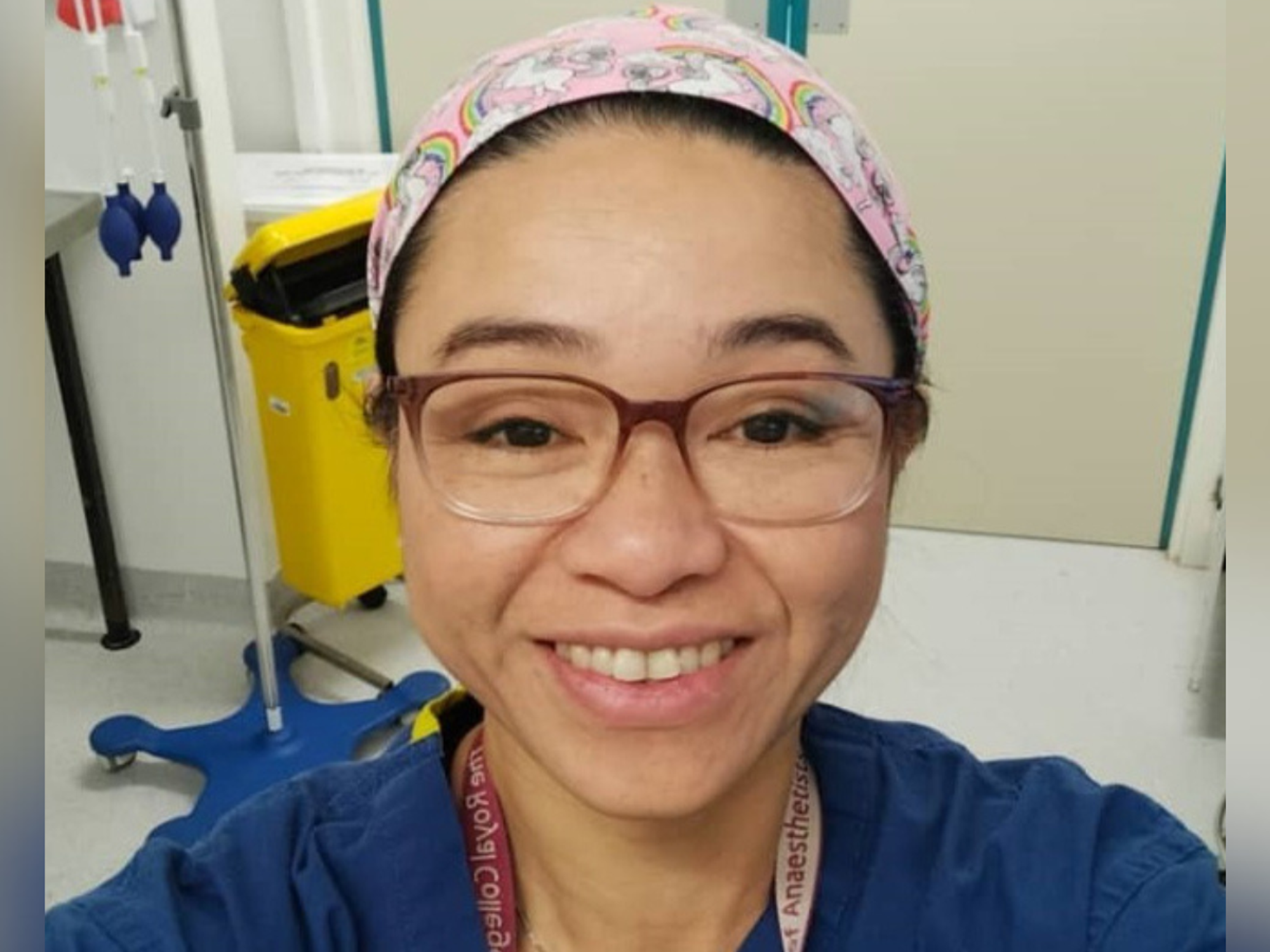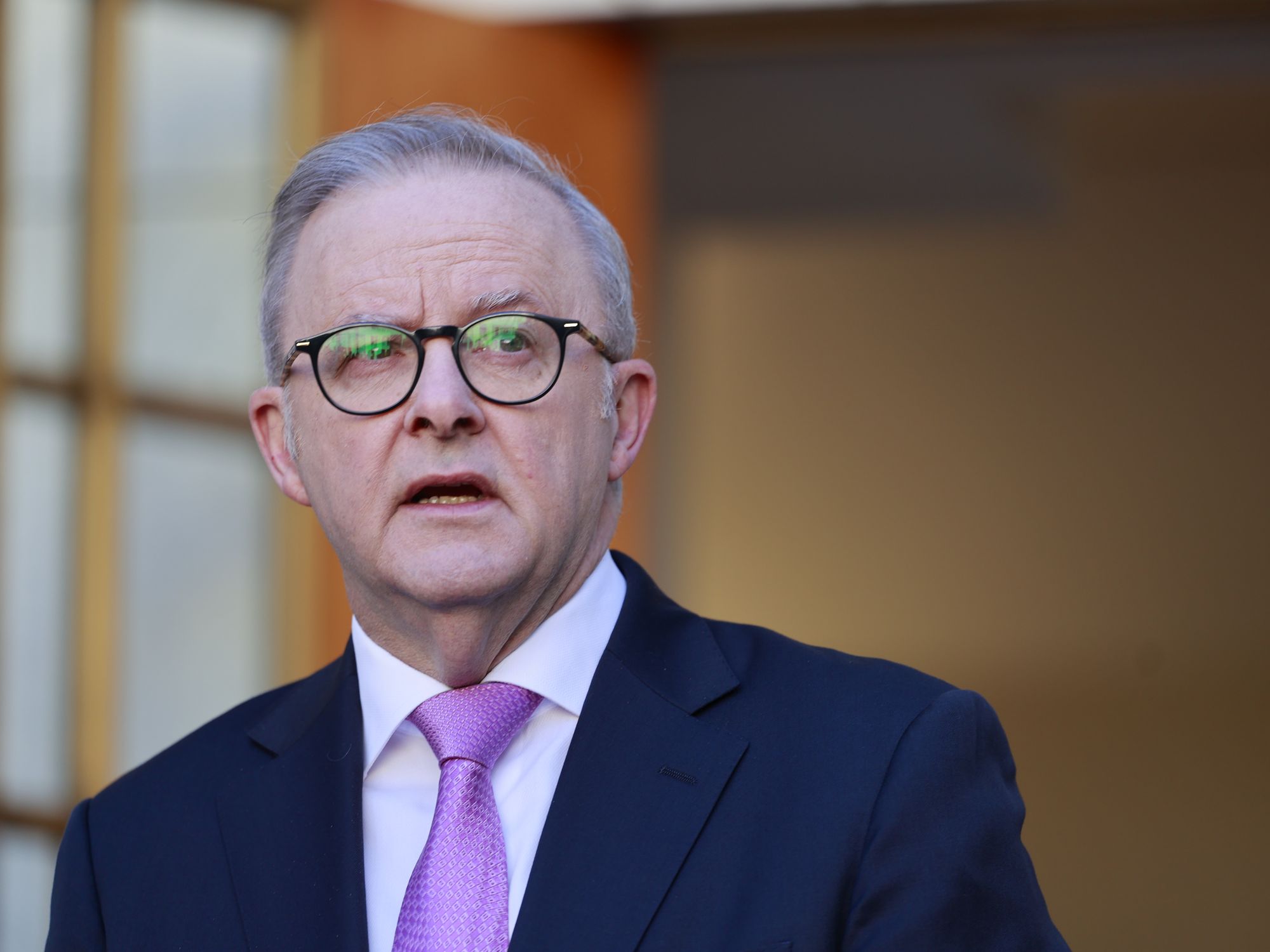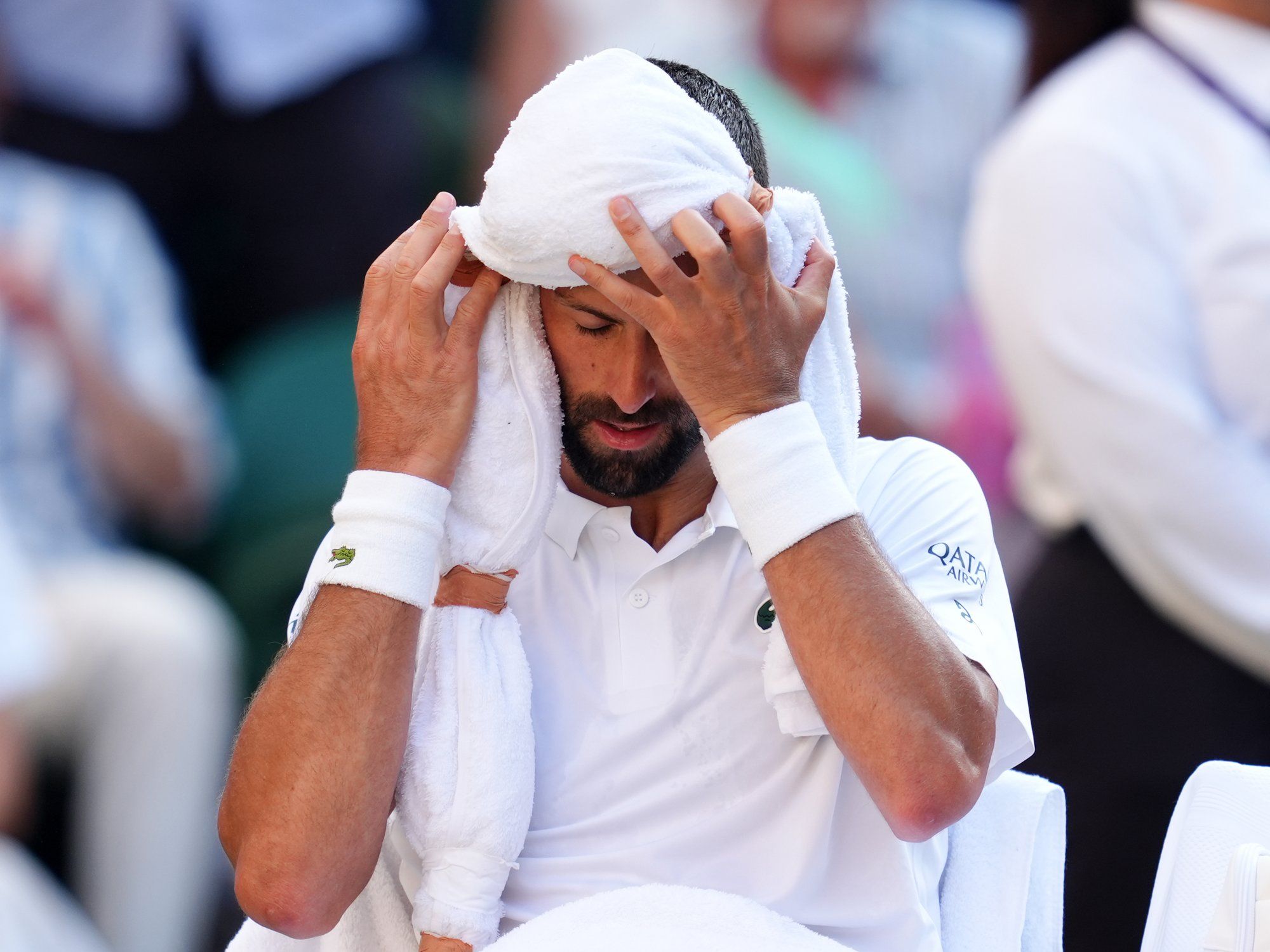Covid face mask return: US medical experts push for reintroduction of coverings
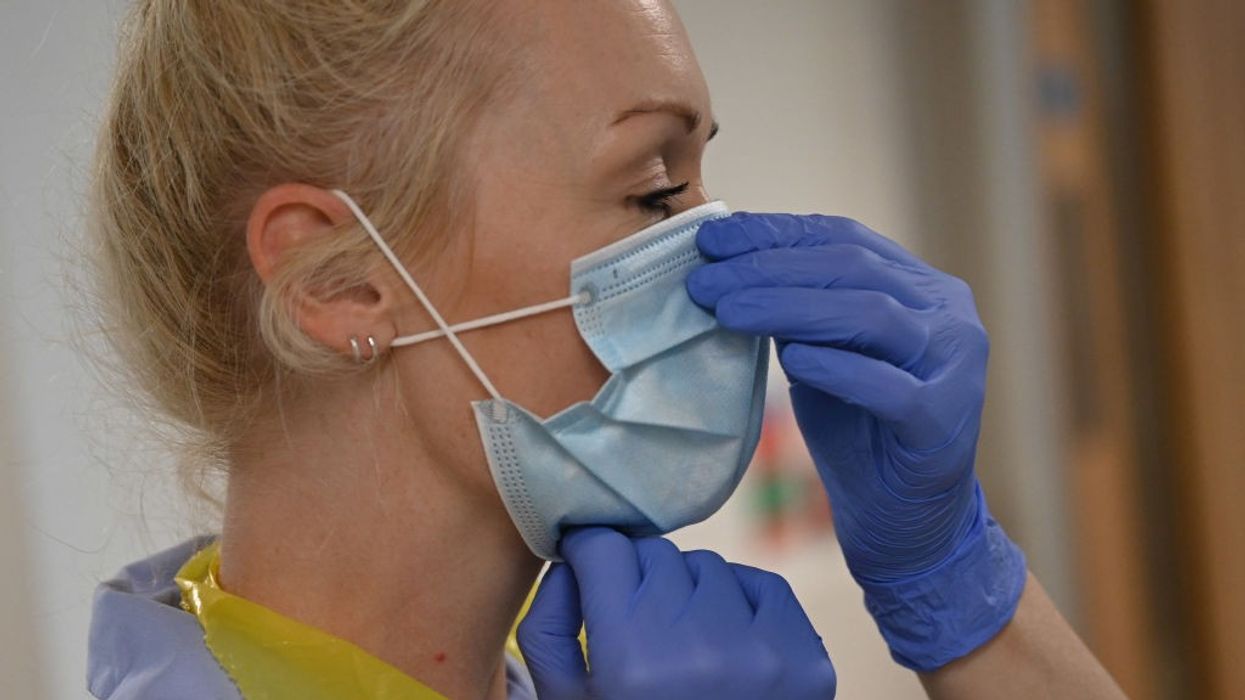
A group of experts are calling for a return of face masks in health care settings to avoid passing around infectious diseases
|Getty

Specialists have voted in favour of health care providers wearing masks
Don't Miss
Most Read
Latest
A group of experts are calling for a return of face masks in health care settings to avoid passing around infectious diseases.
Specialists, who advise the US Centers for Disease Control and Prevention (CDC), have voted in favour of health care providers wearing masks during routine care for patients who are thought to be contagious.
The draft proposal would see health care workers asked to wear a mask around patients with endemic, or regularly occurring, respiratory infections.
Current guidance for the plans does not specify which kind of mask to wear — either looser-fitting surgical masks or more fitted and tightly woven N95 respirators.
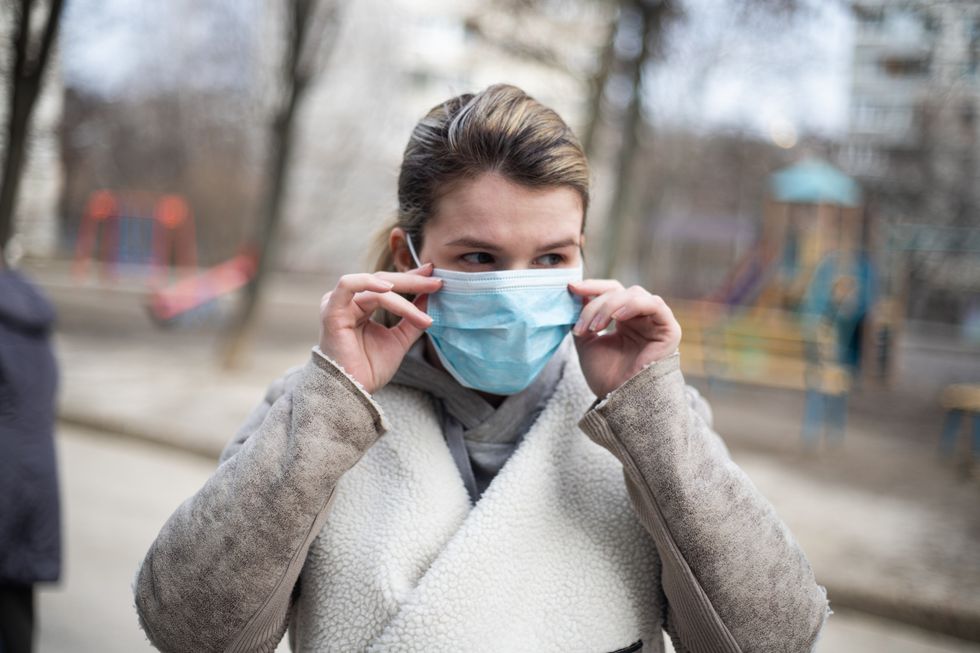
The draft proposal would see health care workers asked to wear a mask around patients
| PexelsThe vague details have sparked concern among mask advocates who hoped to see a strong recommendation for the use of N95s in all patient-care situations.
However, the CDC’s Healthcare Infection Control Practices Advisory Committee (HICPAC) did recommend the use of N95s in cases where patients are infected with new or emerging pathogens where vaccines and treatments are not available.
Jane Thomason, lead industrial hygienist for National Nurses United has slammed the use of surgical and medical masks as PPE.
“A surgical or medical mask does not provide protection against inhalation of infectious aerosols,” Thomason told CNN.
LATEST DEVELOPMENTS:
“NNU urges CDC to fully recognize the science on aerosol transmission of infectious diseases and respiratory protection (including N95s, powered air-purifying respirators, and elastomeric respirators) in creating infection prevention guidance.”
The guidelines are currently draft recommendations for the control of infections in healthcare settings.
The draft will need to be signed off by the CDC and once approved, the draft recommendation will be published in the Federal Register and members of the public have 60 days to comment.
Following this, the HICPAC will review the comments and could tweak its draft guidelines before they vote on them again.
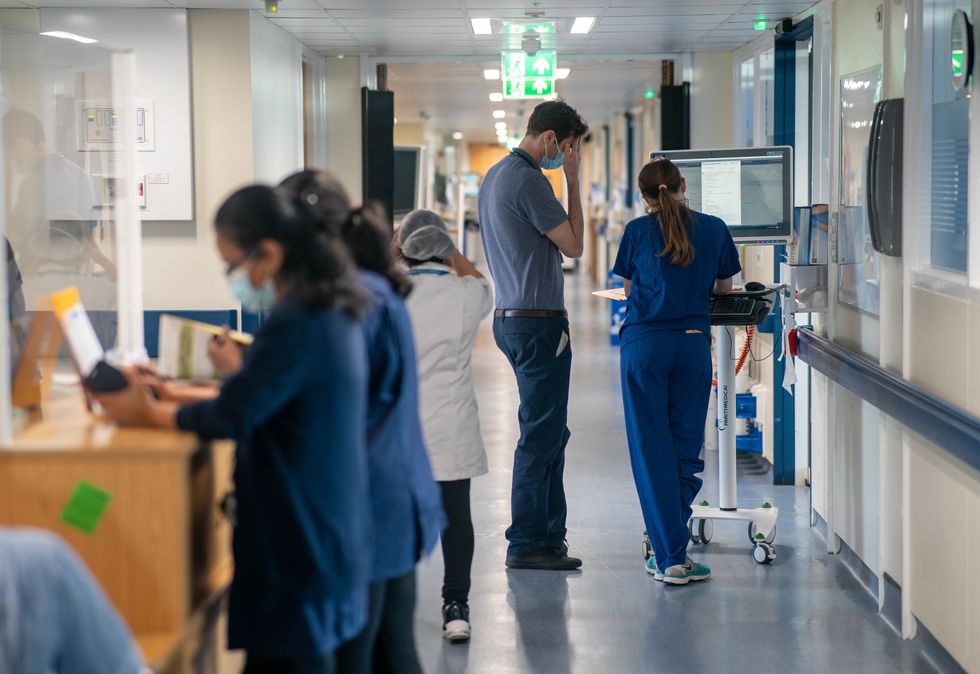
The guidelines are currently draft recommendations for the control of infections in health care settings
| PAFinal versions of the guidelines are not expected until 2024 and will not be mandatory but many hospitals are expected to adopt them.
Thomason added: “What they are working on … it’s going to impact patients and health care workers in so many different places. It’s going to determine whether some of them live or die, quite honestly.”
Other critics, including NNU President Zenei Triunfo-Cortez, have also shared their concerns.
He said: “HICPAC’s draft is permissive and weak and seeks not just to maintain existing practice — which has been shown to be inadequately protective — but even rolls back the use of some important measures, such as airborne infection isolation rooms.”






